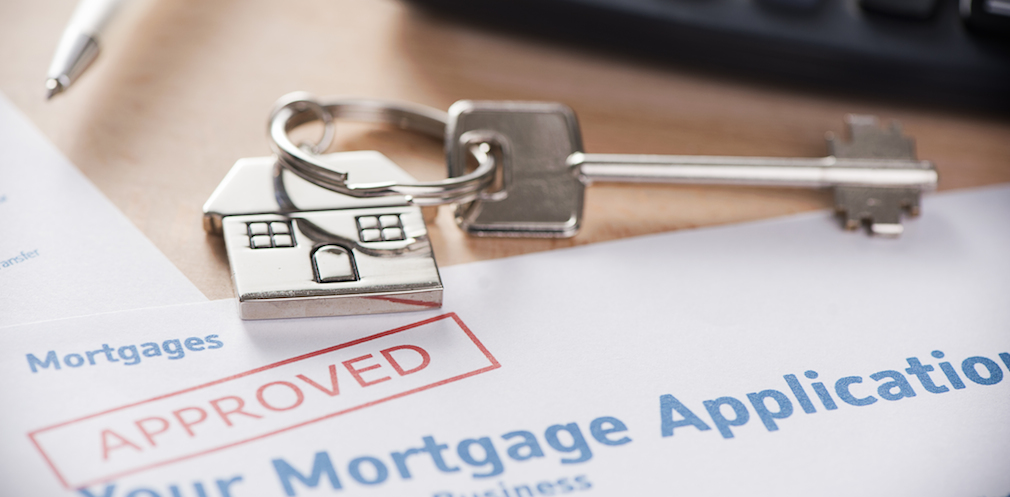FHFA collaborates with Fannie, Freddie to launch resource for non-English proficient borrowers The process of…

How should you pay off your mortgage?
How should you pay off your mortgage?
Young adults entering the housing market are expected to create a vast demand for homeownership, but will they be able to afford mortgage payments?
A recent report by Trulia indicates that young adults, aged 20 to 36, make up the biggest share of active buyers in the housing market. However, many of these buyers carry around a tremendous amount of student debt.
With prices on the rise, homeownership has become increasingly difficult for Millennials and those that grapple with housing affordability.
Sponsor Content
Luckily, if prospective homebuyers do decide to take the financial leap, a recent article by USA Today highlights four strategic ways they can pay off their mortgages better and faster.
From the article:
Refinance your 30-year mortgage for a 15- year mortgage:
For example, if you have a $200,000 mortgage with a 4.25% interest rate, you’ll pay $354,197 over 30 years. However, if you switch to a 15-year mortgage at a 4% interest rate, you could save $52,372 over five years and pay off the mortgage 10 years ahead of schedule.
Pay your 30-year mortgage off in 15 years by doubling monthly payments:
If you can't afford to do that, you may feel more comfortable paying just 1/12 extra each month. In our example above, your monthly payment would be $984. Add 1/12 to that, and you get $1,066 per month. That extra cost would be pretty easy for most people to absorb, and over the course of each year it'll add up to one extra mortgage payment. You'll save $24,885 over the lifetime of your loan, and you'll pay it off four years and three months early.
Set up biweekly payments or make a single extra payment each year:
You'll pay half of your monthly mortgage payment every other week, so it won't feel like you're paying that much more. But because there are 52 weeks in a year, and you're paying every other one, that adds up to 26 half-payments, or 13 full payments, each year.
Put extra income towards mortgage payments:
The advantage of this strategy is that you don't have to set aside any money in your monthly budget for an extra mortgage payment. The disadvantage is that this makes it much harder to predict when you'll pay the loan off.
For current and prospective homeowners, implementing these methods could possibly be the difference between staying afloat or crashing under waves of debt.
Source: Kailey Fralick




This Post Has 0 Comments